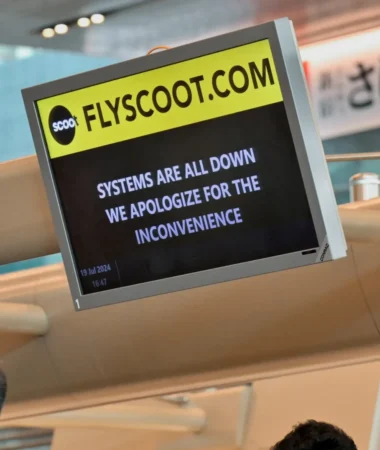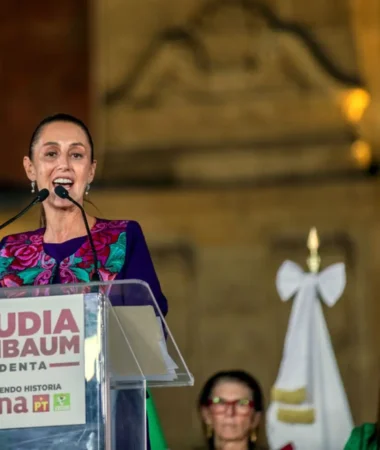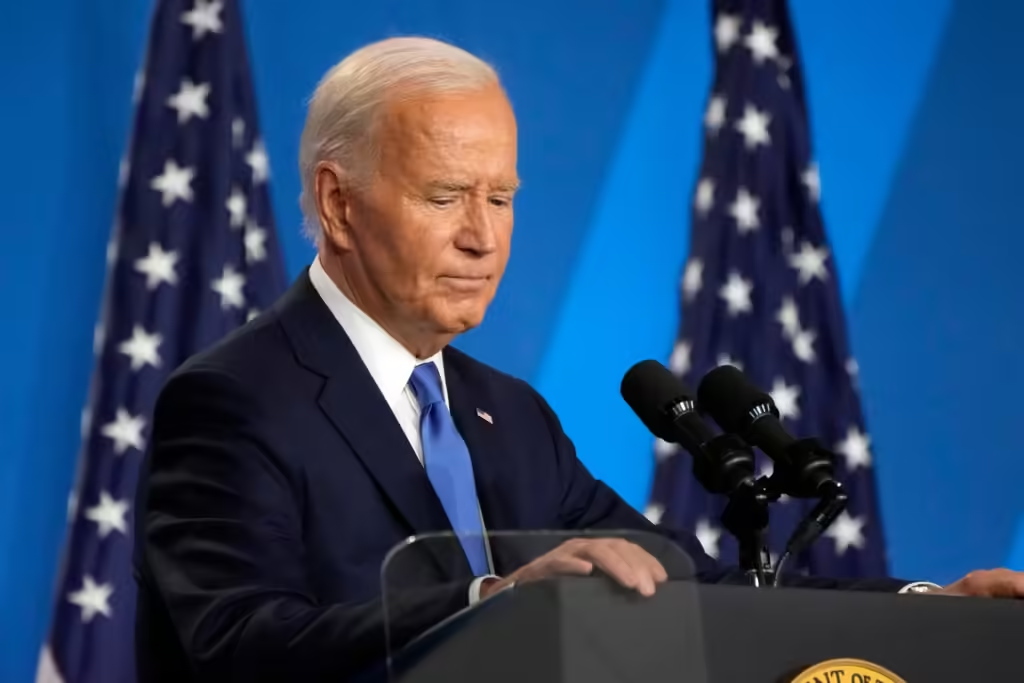
President Joe Biden has announced his decision to withdraw from the 2024 presidential race. This surprising move follows considerable pressure from within his party and a challenging debate performance. Biden’s decision is historic, marking the first time since Lyndon B. Johnson that a sitting U.S. president has not sought reelection. He has endorsed Vice President Kamala Harris as the Democratic nominee, significantly reshaping the upcoming election dynamics.
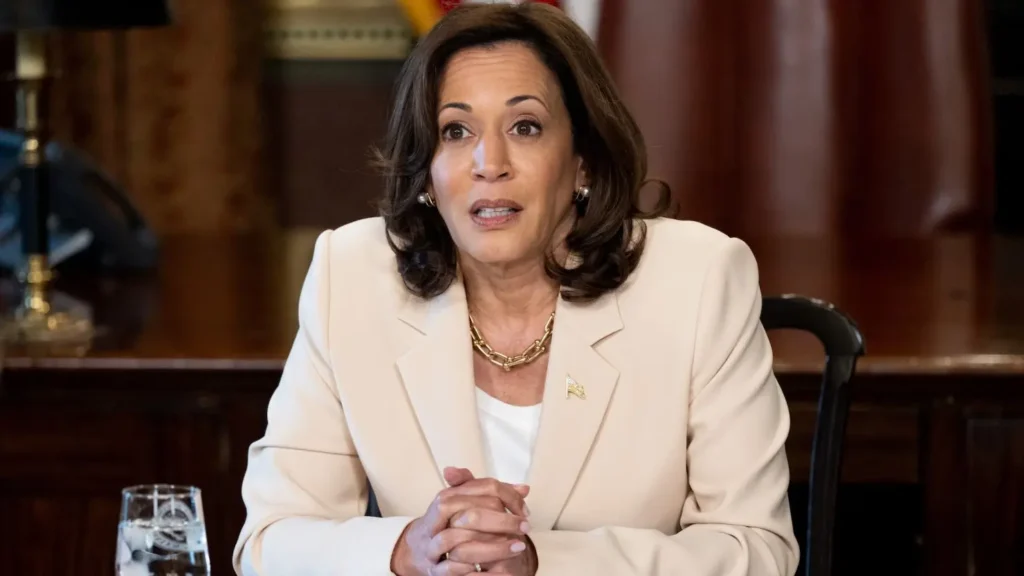
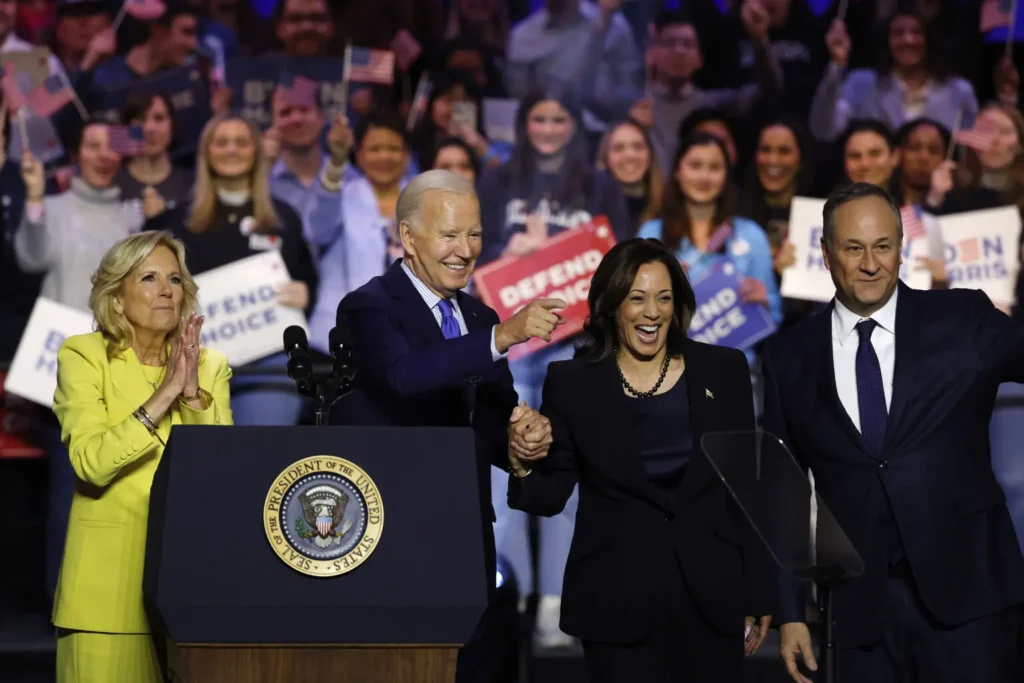
With President Joe Biden ending his reelection bid and endorsing Vice President Kamala Harris, Democrats must navigate a significant shift this late in the election year. Their convention in Chicago from Aug. 19-22, initially a coronation for Biden, now becomes an open contest for nearly 4,700 delegates to select a new nominee to challenge Republican Donald Trump.
Key Points:
- Endorsement Impact: Biden’s endorsement of Harris, while influential, doesn’t allow him to transfer delegates. Harris must secure support from state delegates and superdelegates
- Potential Challenges: Other potential contenders include California Gov. Gavin Newsom and Michigan Gov. Gretchen Whitmer. Elevating Harris, the first woman and first Black and South Asian vice president, aligns with the Democratic Party’s diverse base, particularly Black voters.
- Campaign Funds: Biden’s campaign funds, totaling $240 million, could benefit Harris or the eventual nominee.
- VP Nomination: Typically, the vice-presidential nominee is ratified at the convention. Harris could name her VP choice if she solidifies support quickly.
- Legal Challenges: Republicans may attempt to challenge Harris’s nomination through state and federal lawsuits, though state laws generally don’t dictate party nomination processes.
Navigating these complexities, the Democratic Party must unite and adapt quickly to present a strong front in the upcoming election.
By Alize Utteryn 07/21/2024
